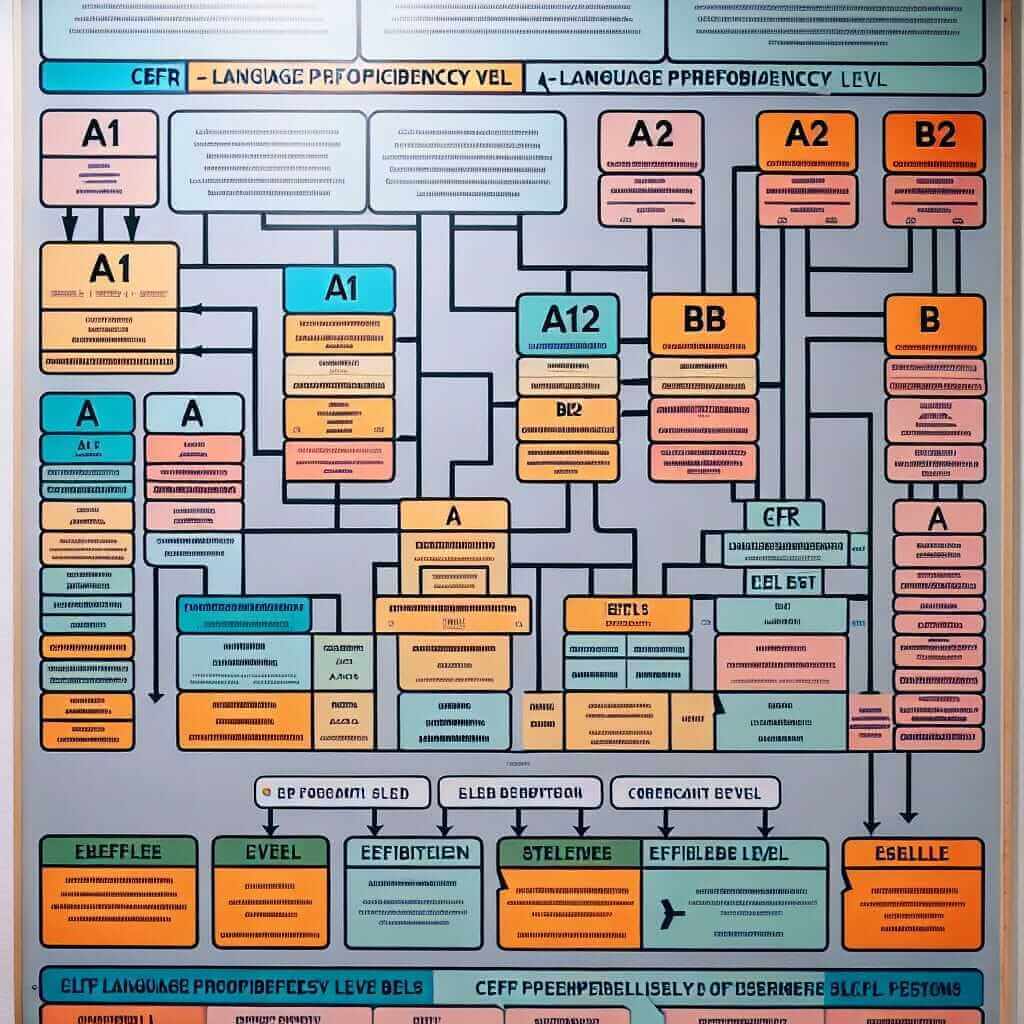Preparing for the IELTS exam can feel like navigating a maze, especially with various test options available. One question that often arises is, “What is the IELTS Life Skills test?”. This comprehensive guide aims to demystify the IELTS Life Skills test, providing you with all the information you need to confidently approach this exam format.
Understanding the IELTS Life Skills Test
Unlike the more commonly known Academic and General Training IELTS exams, which assess your English language proficiency across four skills (listening, reading, writing, and speaking), the IELTS Life Skills test focuses solely on speaking and listening. This test is designed for individuals who need to demonstrate their English language abilities for visa and immigration purposes to the UK.
Who is the IELTS Life Skills Test for?
The IELTS Life Skills test is specifically for those applying for a UK visa that requires them to prove their English language skills at Common European Framework of Reference for Languages (CEFR) levels A1, A2, or B1. This might include individuals applying for:
- Family visas to join a spouse or partner
- Visas for indefinite leave to remain in the UK
- Citizenship applications

IELTS Life Skills Test Format: A Closer Look
The IELTS Life Skills test comes in two formats:
1. IELTS Life Skills A1
This test assesses speaking and listening skills at the A1 level, which is the most basic level of English proficiency.
Test format:
- Duration: 16-18 minutes
- Speaking and Listening tasks: You will engage in a face-to-face conversation with an examiner and another candidate. Tasks may include:
- Answering simple questions about yourself
- Describing everyday activities
- Understanding and responding to basic instructions
- Extracting key information from short conversations
Example task: Imagine you are applying for a family visa. The examiner might ask: “Tell us about your daily routine.” You would then need to describe your typical day using simple English.
2. IELTS Life Skills B1
This test assesses speaking and listening skills at the B1 level, which requires a greater command of English.
Test format:
- Duration: 22 minutes
- Speaking and Listening tasks: Similar to A1, this test involves a face-to-face conversation with an examiner and another candidate, but the tasks are more complex. You might be asked to:
- Express opinions and provide reasons
- Discuss a topic in more detail
- Understand and respond to longer instructions
- Identify specific information from longer conversations
Example task: You might be presented with a scenario and asked to discuss your opinion, such as: “Some people believe children should learn a foreign language at a young age. What do you think?” You would then need to express your views and support them with reasons.
Common Mistakes to Avoid
- Inadequate Preparation: Don’t underestimate the importance of familiarizing yourself with the test format and practicing your speaking and listening skills beforehand.
- Ignoring the Specific Requirements of Your Visa: Different visa categories may require different levels of IELTS Life Skills. Ensure you are taking the correct level test.
- Focusing Only on One Skill: The IELTS Life Skills test assesses both speaking and listening, so neglecting one skill can impact your overall score.
Tips for Success
- Practice Regularly: Engage in conversations, listen to English podcasts or news, and practice describing everyday situations in English.
- Familiarize Yourself with the Test Format: Understand the types of questions and tasks you might encounter.
- Manage Your Time Effectively: Be mindful of the time limit and ensure you address all aspects of the tasks.
- Speak Clearly and Confidently: Maintain good eye contact and speak at a natural pace.
Conclusion
The IELTS Life Skills test is a unique assessment designed for specific visa and immigration purposes to the UK. By understanding its format, target audience, and preparing effectively, you can approach the test with confidence and achieve the score you need for your visa application.